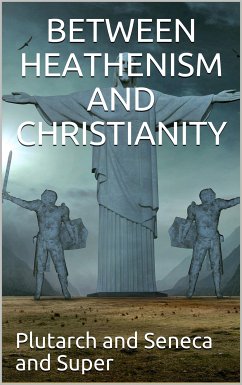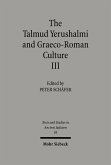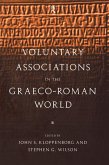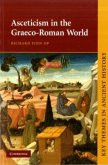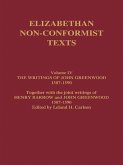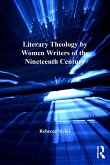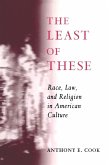Being a translation of Seneca's De Providentia, and Plutarch's De sera numinis vindicta, together with notes, additional extracts from these writers and two essays on Graeco-Roman life in the first century after Christ.
It is admitted by students of history of every shade of belief that the origin of Christianity and its rapid spread over the ancient world is the most remarkable fact in the recorded annals of the human race. When we remember that it was, from the first, more or less closely identified with the despised religion of the despised Jews; that largely for this reason it had to make its way against a united front, presented by the learned and intelligent in the whole gentile world, while the Jews themselves almost unanimously repudiated it; that the most efficiently organized government that had existed until then, was indifferent or hostile; that it set before the heathen world a condition of society in which all current economic ideas were transformed, and that it demanded a complete renunciation of its time-honored creeds, we may well ask in amazement, “How came these things to pass?”
It will always remain a matter of interest to study the intellectual sphere in which the old doctrines and the new faith conflict. What was the best that Greek thought had to offer to the world, and for what reasons did the world reject it?
In the following pages I have attempted to put before my readers a solution of some of the problems to which this question gives rise. No one will deny that Seneca stood on the threshold of Christianity, while in the opinion of many he had already passed within; yet all will admit that, at best, he fell far short of the standard Christianity sets up for its converts. Plutarch is not claimed by Christians, but he exemplifies many of their virtues, and commends many of the precepts they endeavored to put in practice. These two men best represent the strong and the weak points of characters formed under the stimulus of earnest effort to lead upright lives and to discharge faithfully their duties to themselves, their fellow men, and the higher power that controlled their destinies. I have selected a typical work from the writings of both as a nucleus around which to group such reflections and facts as seem best fitted to illustrate the environment in which they lived and the intellectual inheritance to which they had fallen heir, while I have allowed each to speak for himself on one of the profoundest problems that has ever engaged the serious attention of man.
It is admitted by students of history of every shade of belief that the origin of Christianity and its rapid spread over the ancient world is the most remarkable fact in the recorded annals of the human race. When we remember that it was, from the first, more or less closely identified with the despised religion of the despised Jews; that largely for this reason it had to make its way against a united front, presented by the learned and intelligent in the whole gentile world, while the Jews themselves almost unanimously repudiated it; that the most efficiently organized government that had existed until then, was indifferent or hostile; that it set before the heathen world a condition of society in which all current economic ideas were transformed, and that it demanded a complete renunciation of its time-honored creeds, we may well ask in amazement, “How came these things to pass?”
It will always remain a matter of interest to study the intellectual sphere in which the old doctrines and the new faith conflict. What was the best that Greek thought had to offer to the world, and for what reasons did the world reject it?
In the following pages I have attempted to put before my readers a solution of some of the problems to which this question gives rise. No one will deny that Seneca stood on the threshold of Christianity, while in the opinion of many he had already passed within; yet all will admit that, at best, he fell far short of the standard Christianity sets up for its converts. Plutarch is not claimed by Christians, but he exemplifies many of their virtues, and commends many of the precepts they endeavored to put in practice. These two men best represent the strong and the weak points of characters formed under the stimulus of earnest effort to lead upright lives and to discharge faithfully their duties to themselves, their fellow men, and the higher power that controlled their destinies. I have selected a typical work from the writings of both as a nucleus around which to group such reflections and facts as seem best fitted to illustrate the environment in which they lived and the intellectual inheritance to which they had fallen heir, while I have allowed each to speak for himself on one of the profoundest problems that has ever engaged the serious attention of man.

